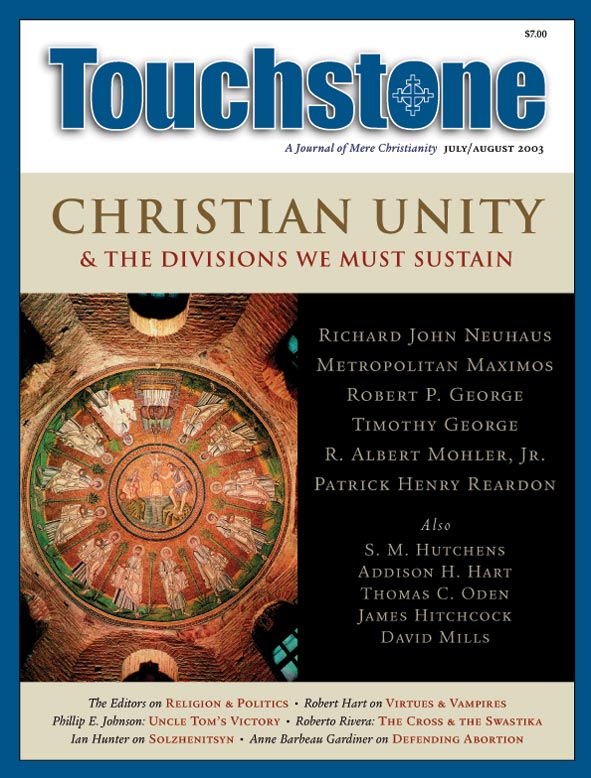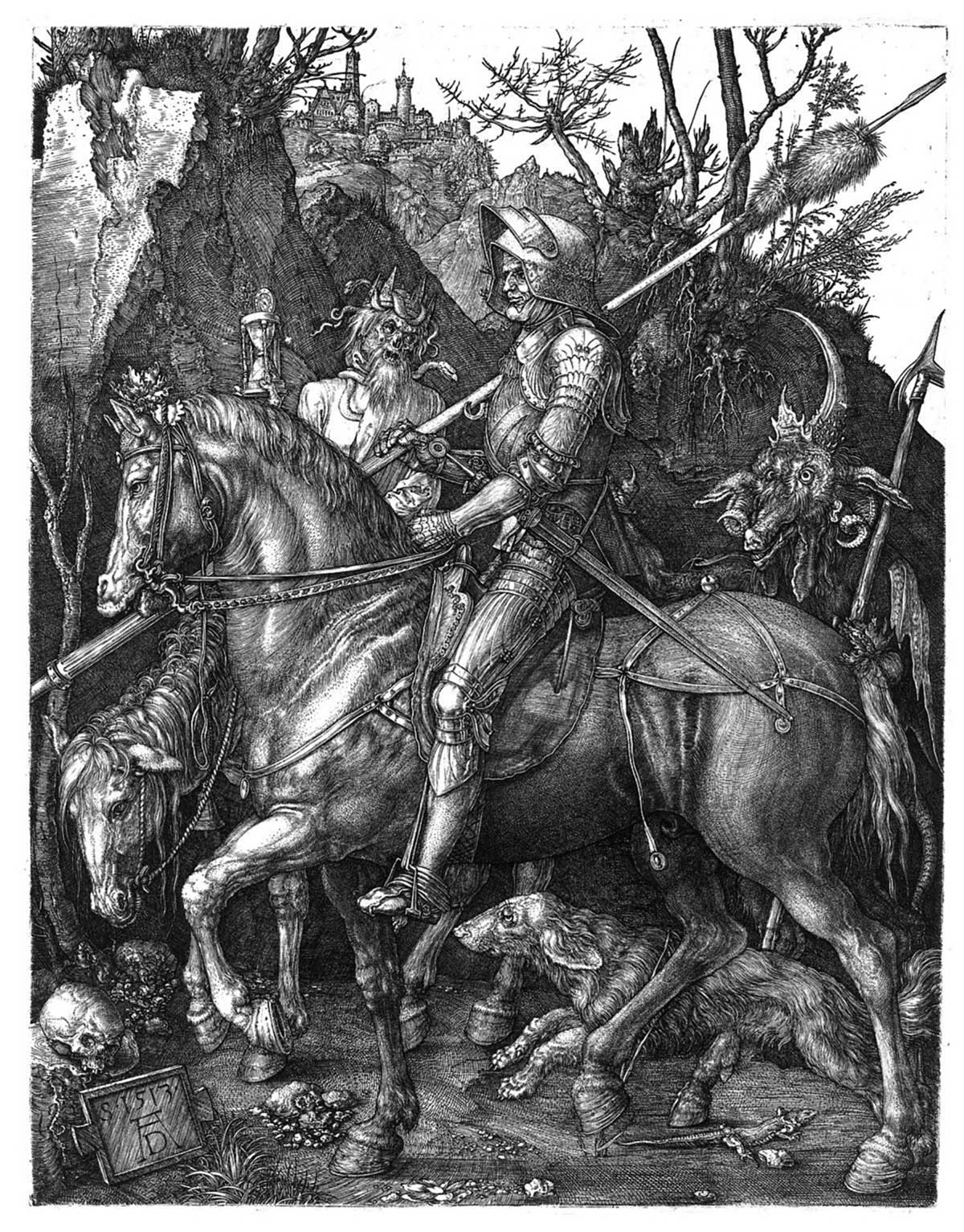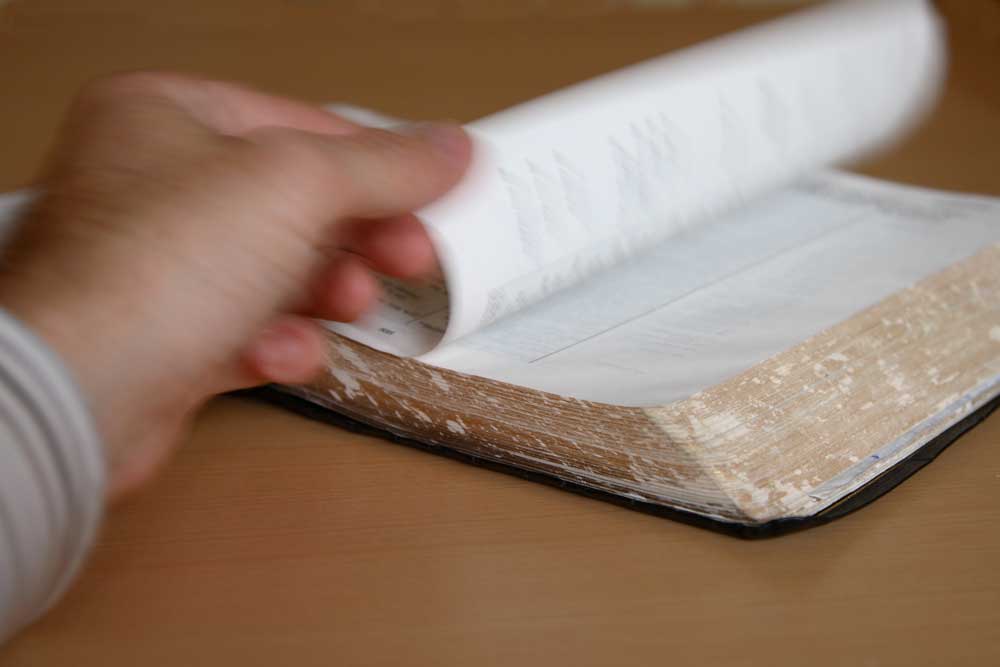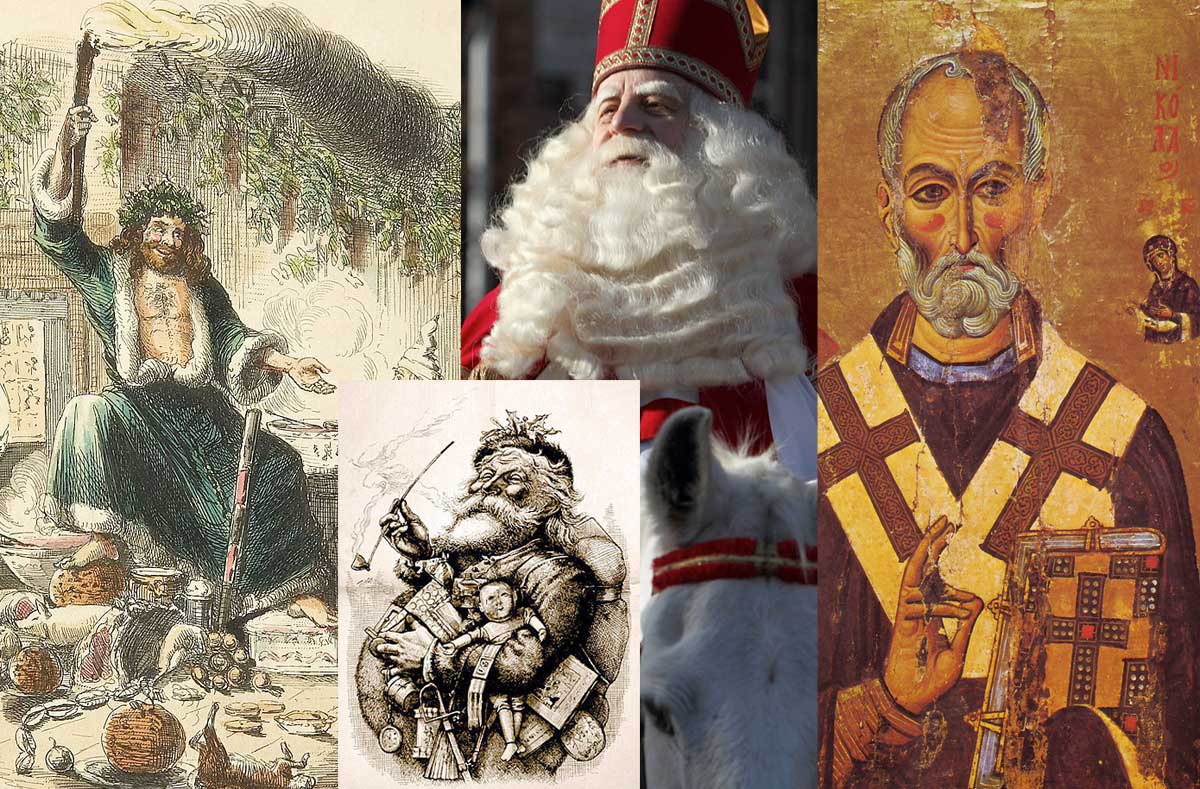View
The Last Prophet
Ian Hunter on Alexander Solzhenitsyn
Who has been the most influential person of the last half-century? A tough question, that. I asked several of my acquaintances; interestingly enough, their immediate and unanimous response was: “Oh, Pope John Paul II, of course.” Other names mentioned were Ronald Reagan, Margaret Thatcher, Mother Teresa, Bill Gates, Billy Graham, and—for sheer evil—Osama bin Laden.
As it happens, my vote (though I am not a Roman Catholic) would also go to Pope John Paul II, who has stood astride our age like a colossus. But a case could be made for another man, one whose name was not mentioned by a single one of my respondents: Alexander Isaevich Solzhenitsyn.
So much has Solzhenitsyn been forgotten, both in the West and in the formerly Communist East, that the subtitle of Joseph Pearce’s recent perceptive biography is “A Soul in Exile.” If ever a man was unfashionably (and unfairly) stereotyped it is Solzhenitsyn, a soul in exile indeed: On the comparatively rare occasions when his name surfaces he tends to be dismissed as a cold warrior, a tsarist sympathizer, an authoritarian, a latter-day Jeremiah, even a Chicken Little.
Even former admirers have “gone off” him. Not long ago I asked a former colleague, a history professor and a Russian Orthodox, who had championed Solzhenitsyn during the dark days of Communism, to give a talk on Solzhenitsyn as part of a lecture series on “Great Christians of the 20th Century.” My colleague declined, saying that he now doubted whether Solzhenitsyn could be considered a Christian in any meaningful sense.
Faith’s Thread
Such a claim is preposterous, as Pearce’s book demonstrates. Solzhenitsyn’s Christian faith is the most consistent thread in a long, turbulent life.
It is true that as a university student, then as a soldier, Solzhenitsyn was an avowed Marxist. But following his arrest and imprisonment (for belittling remarks about Joseph Stalin made in private correspondence, for which he spent eight years in forced labor camps in the Arctic), Solzhenitsyn underwent a Christian conversion. He told Pearce: “When at the end of gaol [he was released in 1953], on top of everything else, I was stricken with cancer, then I was fully cleansed, I came back to a deep awareness of God and a deep understanding of life.” That understanding, initially deistic, would later express itself through an orthodox Christian worldview.
Solzhenitsyn erupted into public attention during the brief Soviet thaw of 1962 when the authorities unexpectedly allowed publication of his short masterpiece One Day in the Life of Ivan Denisovich, the story, drawn from his own experience, of a political prisoner in a forced labor camp. He had already completed two longer novels, Cancer Ward and The First Circle, but their publication was banned. However, both novels circulated widely through the Russian literary underground in hand-copied form (samizdhat) and were subsequently published in the West.
But the thaw did not last long, and Solzhenitsyn’s criticism of the Soviet regime in Ivan Denisovich had brought him to the attention of the KGB, the Soviet secret police. By the late 1960s he was acclaimed abroad as the greatest Russian author since Tolstoy, and his international reputation made it difficult for the KGB to simply lock him up and throw away the key, as they regularly did to less well known dissidents and Christians.
What Solzhenitsyn’s many Western admirers would come to understand only a decade later was that he was as implacable a critic of the unbridled consumerism of the capitalist West as he was of the repressive totalitarianism of the Communist East. “Untouched by the breath of God, unrestricted by human conscience,” he once said, “both capitalism and socialism are repulsive.”
Ian Hunter is Professor Emeritus in the Faculty of Law at the University of Western Ontario. He is the author of biographies of Robert Burns, Hesketh Pearson, and Malcolm Muggeridge.
subscription options
Order
Print/Online Subscription

Get six issues (one year) of Touchstone PLUS full online access including pdf downloads for only $39.95. That's only $3.34 per month!
Order
Online Only
Subscription

Get a one-year full-access subscription to the Touchstone online archives for only $19.95. That's only $1.66 per month!
bulk subscriptions
Order Touchstone subscriptions in bulk and save $10 per sub! Each subscription includes 6 issues of Touchstone plus full online access to touchstonemag.com—including archives, videos, and pdf downloads of recent issues for only $29.95 each! Great for churches or study groups.
Transactions will be processed on a secure server.
more on biographical from the online archives
more from the online archives
calling all readers
Please Donate
"There are magazines worth reading but few worth saving . . . Touchstone is just such a magazine."
—Alice von Hildebrand
"Here we do not concede one square millimeter of territory to falsehood, folly, contemporary sentimentality, or fashion. We speak the truth, and let God be our judge. . . . Touchstone is the one committedly Christian conservative journal."
—Anthony Esolen, Touchstone senior editor










